For most of people, feeling guilty after eating isn’t an everyday occurrence. If you are experiencing ‘food guilt’ on a regular basis, it may be a sign of an eating disorder.
The diet industry reinforces the idea that we should have these negative feelings about food that are commonly associated with illnesses such as anorexia nervosa, bulimia, and binge eating disorder. Categorizing food as either ‘good’ or ‘bad’ is just one of the many ways the industry complicates our relationship with food. We’re taught to believe that our food choices are associated with our moral compass, when, in reality, there’s no reason for the two to be related.
Here are just a handful of the words and phrases that should not be used when discussing or labeling food:
1. Guilt-free
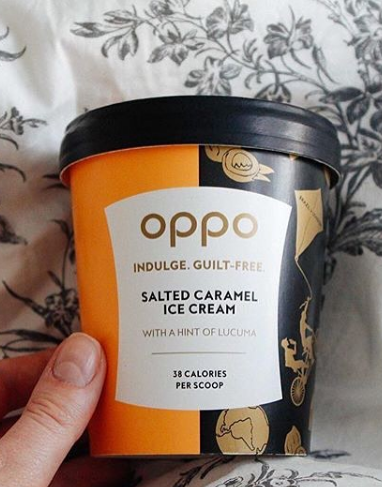
Photo courtesy of @iamboowhoareyou on Instagram
In case you weren’t aware, all food is guilt-free. If we thought up a list of things we should feel guilty about, maybe “murder,” and “forgetting to call on mom’s birthday” would come to mind, but not “eating popcorn while seeing Finding Dory.” Definitely erase this one from your vocabulary.
2. Sinful
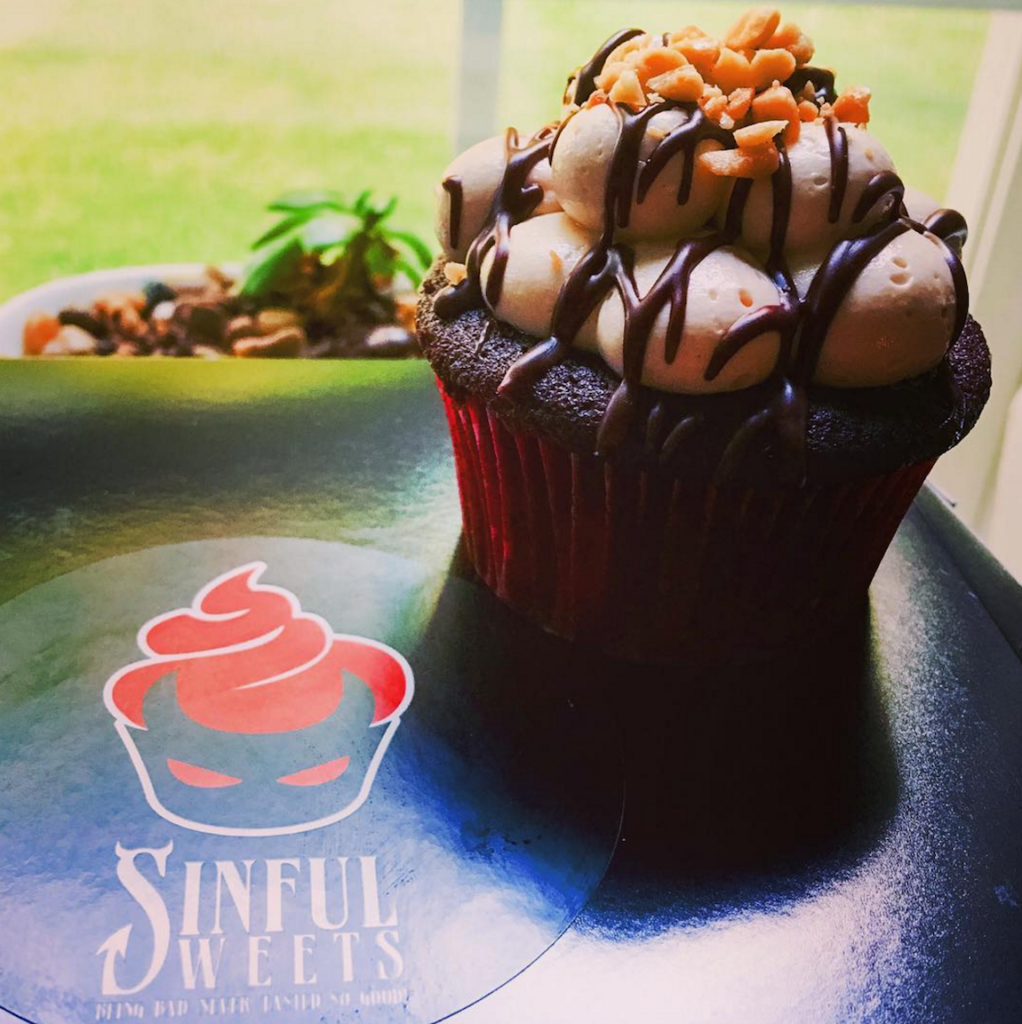
Photo courtesy of @rocnyeats on Instagram
That fantastic chocolate cake with mocha-flavored icing you ate on your birthday is not going to get you sent to Hell. Seriously. You don’t even need to bring it up during confession.
3. Skinny
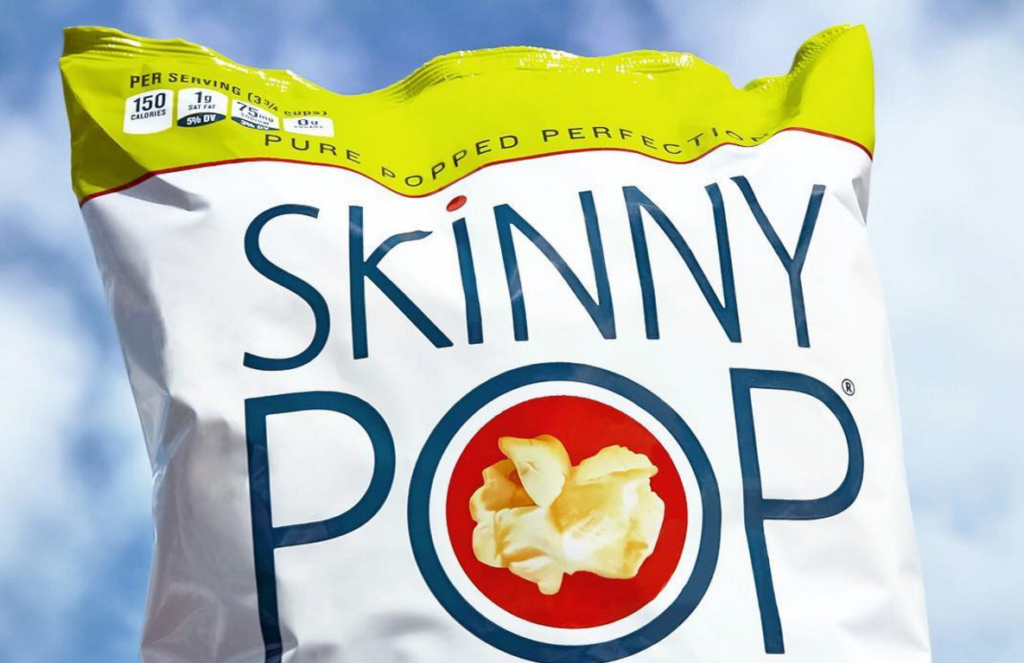
Photo courtesy of @theskinnypop on Instagram
In case you haven’t figured it out yet, there is no magic food or drink that will make you skinny, so why is it on wine, popcorn, and ice cream? People, animals, and trees can be skinny. Maybe you could call green beans skinny. Unless you’re describing the physical attributes of a food, there’s no reason for ‘skinny’ to be on the label.
4. Cheat
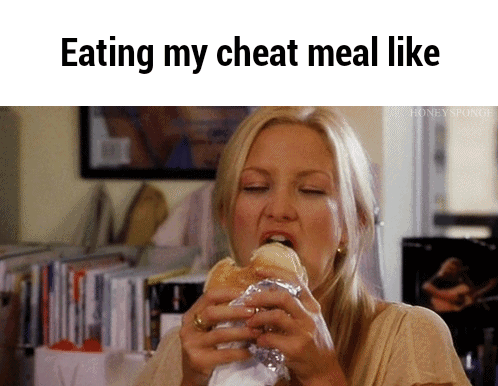
GIF courtesy of thefashionengineer.com
Don’t label your desserts or fast-food meals as ‘cheat-day’ foods. Diets are lame anyway, as we’ve already established, but even if you are on one, there’s no such thing as ‘cheating’ when it comes to food. You can cheat on tests and significant others, but you can’t cheat by eating chocolate.
5. Clean
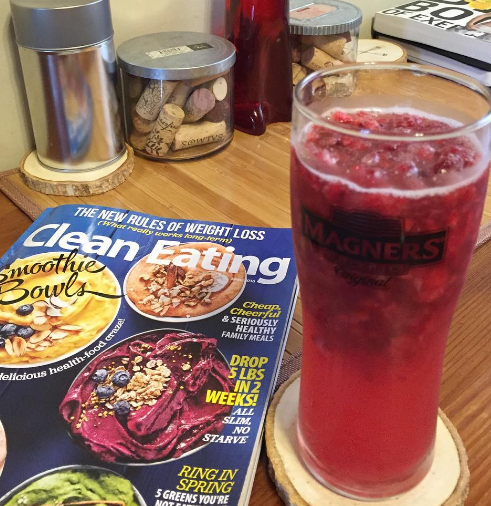
Photo courtesy of @marthajcorbin on Instagram
Unless you’ve been living under a rock (Patrick Star, if you’re reading this, please don’t take offense), you’ve heard of the clean eating fad. Labeling foods or a whole diet plan as ‘clean’ perpetuates the idea that some foods are good and some are bad.
Because ‘clean’ carries a positive connotation, we generally view anything ‘dirty’ in a negative light. Clean eating, when taken to the extreme, can result in an eating disorder known as orthorexia. This label should go back to the household products section where it belongs.
6. Fattening
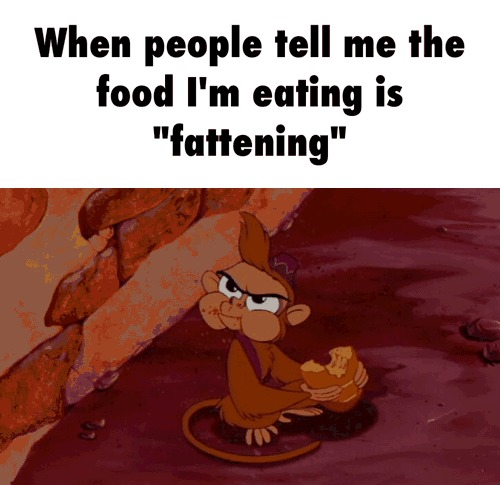
Photo courtesy of ifunny.co
Too much of anything, even apples, can lead to weight gain, so there’s no reason to imply that certain foods will make you fat. Nothing will ever make you gain weight overnight. Describing foods as ‘fattening’ leads us to believe we should fear becoming fat. That fear is a main characteristic of the eating disorder anorexia nervosa, so it’s time we eliminate the word from our vocabulary.
We may not be able to control how companies label their products (at least, not without new legislation), but we can start by changing the way we talk about food. Whether you’re Instagramming your latest meal, sharing a new recipe, or just choosing a snack, pay attention to your word choices.
Is the language you are using to discuss the food positive? If it isn’t, see what you can do to change it. Not only will you begin to stop associating food with guilt, you’ll set a positive example for those around you by showing how a healthy relationship with food translates into the conversations we have about eating.




